Saving the NHS with tech: Making blood deliveries by drone
Can technology cure Britain’s ailing healthcare service? Our three-part series examines how technology can lift Britain’s healthcare system out of its current crisis
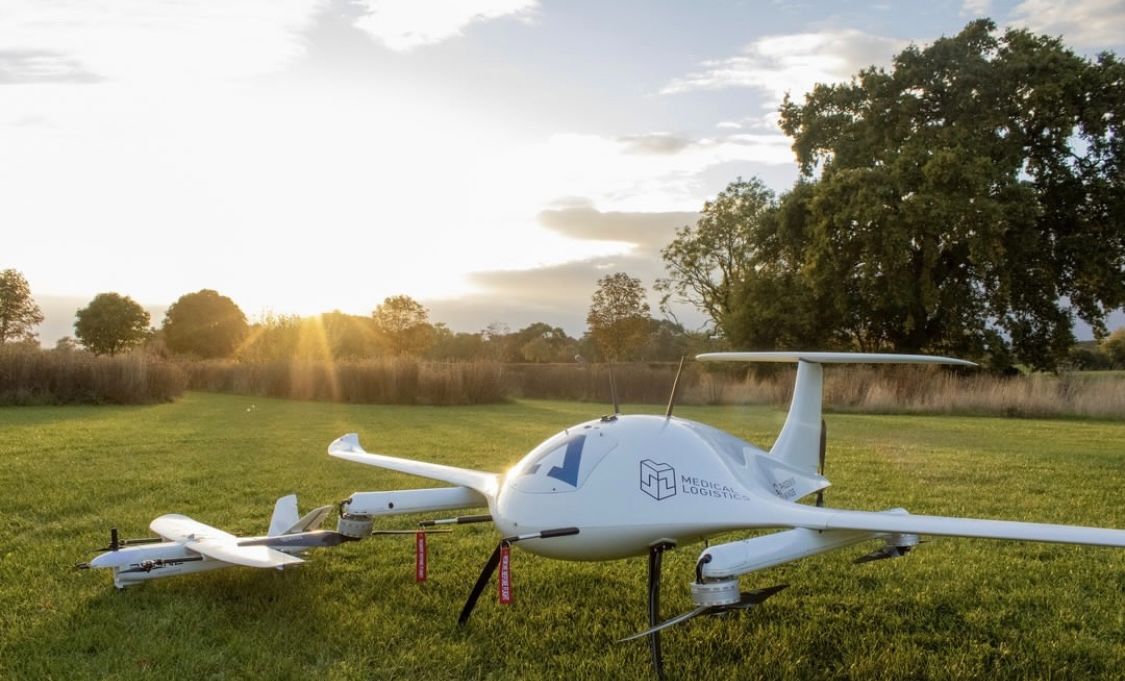

Ask anyone in Britain and they’ll tell you the National Health Service (NHS) is in an unprecedented crisis. Leaving aside any political debate over what got us here, the raw data paints an unquestionably bleak picture for the centrally-funded single-payer system.
More than seven million people are now on waiting lists for treatment, up from 4.5 million at the start of the COVID-19 pandemic and from 2.5 million in 2010. The percentage of potential cancer patients seeing a consultant within a fortnight of referral has fallen to 80%, well below the 93% target. This is just a flavor of the predicament the health service is in, despite the phenomenal efforts of doctors, nurses and others.
READ MORE

Can technology help pull it out of freefall? Not by itself, as the NHS’s problems are too severe; they’re too complicated for silver-bullet solutions. Previous efforts to digitally transform the NHS, too, have fallen flat.
But a combination of new technologies might alleviate some of the strain. Drones delivering blood, virtual wards, and video appointments with GPs are examples of innovations that might lift Britain’s healthcare system out of crisis.
We’ve spoken to professionals, who’ve been implementing technological solutions to some of the NHS’s biggest problems, to find out why there’s still hope of resuscitating the ailing single-payer health service.
- Part one: Making blood deliveries by drone
- Part two: 5G-powered healthcare and virtual wards
- Part three: Doctors on-demand
Meeting a four-hour delivery window
Not only do years-long waits for operations harm patients, but so do much shorter delays for lifesaving treatment. Getting blood supplies to patients in urgent need of transfusion, for example, is a logistical nightmare, not least with the amount of traffic on inner-city roads which even a bike can struggle to cut its way through. If blood isn’t delivered within a four-hour window, it’s unusable. With supplies already at critically low levels in the UK, nobody wants to see any precious donations go to waste.
The answer could be to transport blood where there’s no traffic at all: in the skies. Alex Landowski is the founder of Medical Logistics, a company that’s used to couriering medical supplies via the road network. He’s been involved in a three-month pilot scheme that's seen drones fly between two NHS hospitals 15 miles apart in the middle of England.
Get the ITPro daily newsletter
Sign up today and you will receive a free copy of our Future Focus 2025 report - the leading guidance on AI, cybersecurity and other IT challenges as per 700+ senior executives

Landowski co-founded Medical Logistics in 2016 to be a leading time-critical courier for medical services, and is responsible for providing guidance, oversight, and overall performance of the company. He’s an ex-bike courier who delivered urgent blood in London.
This is our bet on the future.
The trial has involved two types of drones: one small model capable of carrying a single unit of blood, and one much larger model that’s the size of a small car. It has four engines, an emergency parachute, and it’s capable of carrying a standard-sized transfusion box. It’s more of an unmanned aircraft than the type of drone you’d order off Amazon.
RELATED RESOURCE
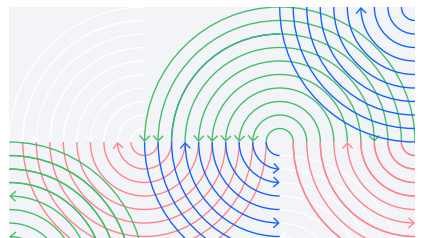
Building intelligent, resilient and sustainable supply chains
Discover the exponential performance that's unlocked when you connect the processes, applications, and data that run the supply chain.
DOWNLOAD FOR FREE
The trial started running dummy payloads, then medical supplies before finally transporting blood. And it was a huge success. “We saved around 40% of time compared to transporting the same goods on the road,” says Landowski, who had courier vans performing the exact same journey at the same time of day to provide a comparison. “We’ve been flying a drone at 400ft above ground level, day and night, and in 12 meters-per-second wind gusts.”
The trial comprised 130 flights, traveling almost 2,000km, and included 30 hours of flying time where the drone was beyond visual line of sight – the first time that’s ever been allowed in the UK.
Expanding the fleet of delivery drones
When asked whether he’d met any public resistance to flying car-sized drones overhead in busy areas, Landowski admitts it’s a psychological barrier they’re going to have to come to terms with eventually. He said the bigger drone was “less dangerous to fly in bad weather conditions because it’s more sturdy and heavier”.
“It’s sort of like airplanes,” he adds. “If people have seen a big Boeing 747, they feel like if that fails, that’s it. But if you’ve got this two-engine Cessna flying, people say, "yeah, it’s alright, if it fails, it fails". So it’s a similar kind of psychological thing. We have to be careful, and take it step by step, but it’s here, right? It’s much safer than driving your cars around.”
READ MORE IN OUR SERIES
And talking of cars, it’s much better for the environment too. The drone produces 90% fewer CO2 emissions than an electric van, and 99.8% fewer than a diesel van. That’s not to mention money. Even on a fairly limited scale of ten flights per day, Landowski says he can get the costs down to a few dollars per flight – much cheaper than paying couriers to transport blood by road.
Landowski says he expects the first commercial rollout of medical drone deliveries will be sealed with private hospitals before the end of this year or the start of next, before filtering down.
“It can be done for private [hospitals] as well as the NHS. In time, it’s going to be that much easier – the more infrastructure there is, the cheaper it becomes. This is our bet for the future.
"In a year, maybe two, I’ll start getting some returns on the investments, while improving healthcare and making history. So it’s kind of fun.”
Barry Collins is an experienced IT journalist who specialises in Windows, Mac, broadband and more. He's a former editor of PC Pro magazine, and has contributed to many national newspapers, magazines and websites in a career that has spanned over 20 years. You may have seen Barry as a tech pundit on television and radio, including BBC Newsnight, the Chris Evans Show and ITN News at Ten.
-
 Bigger salaries, more burnout: Is the CISO role in crisis?
Bigger salaries, more burnout: Is the CISO role in crisis?In-depth CISOs are more stressed than ever before – but why is this and what can be done?
By Kate O'Flaherty Published
-
 Cheap cyber crime kits can be bought on the dark web for less than $25
Cheap cyber crime kits can be bought on the dark web for less than $25News Research from NordVPN shows phishing kits are now widely available on the dark web and via messaging apps like Telegram, and are often selling for less than $25.
By Emma Woollacott Published
-
 Saving the NHS with tech: 5G healthcare and virtual wards
Saving the NHS with tech: 5G healthcare and virtual wardsCase study Can technology cure Britain’s ailing healthcare service? Our three-part series examines how technology can lift Britain’s healthcare system out of its current crisis
By Barry Collins Published
-
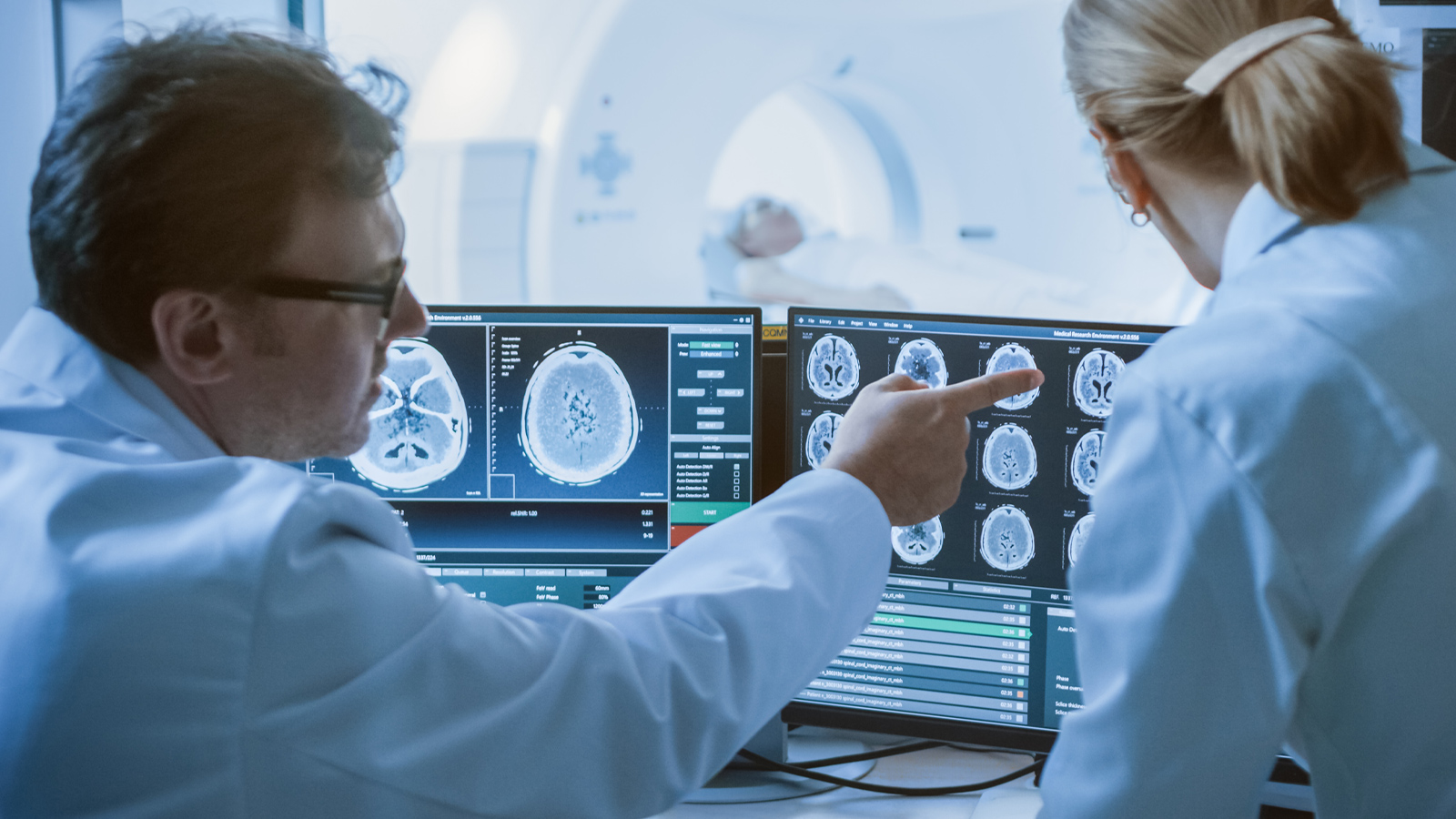 Nvidia rolls out AI platform across NHS hospitals
Nvidia rolls out AI platform across NHS hospitalsNews The platform ensures that patient data never leaves the hospital trust when an AI algorithm analyses medical records
By Zach Marzouk Published
-
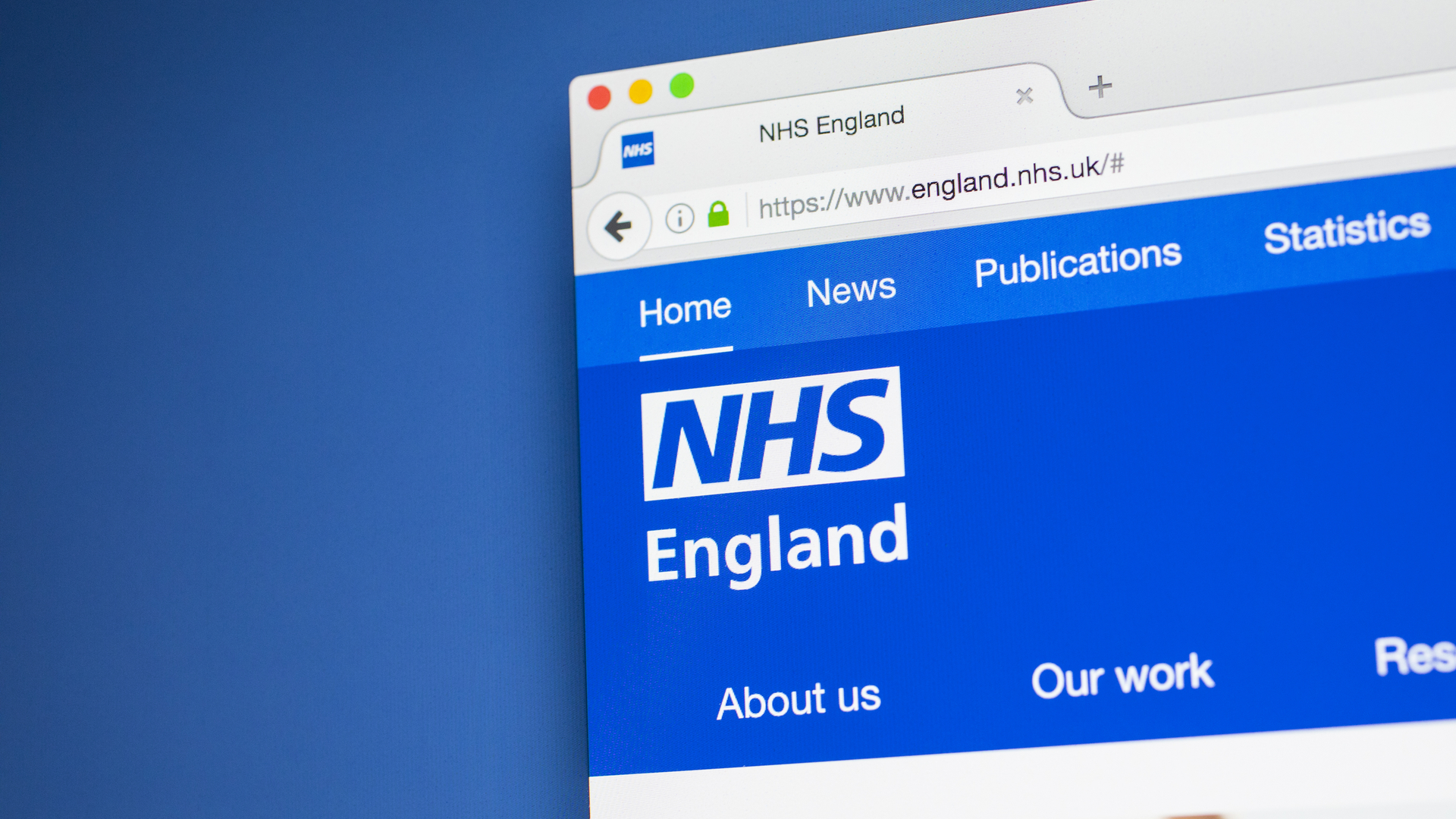 NHS adopts predictive AI tech from controversial startup
NHS adopts predictive AI tech from controversial startupNews The technology warns hospitals about a potential spike in patient numbers so they can allocate the right resources when needed
By Zach Marzouk Published
-
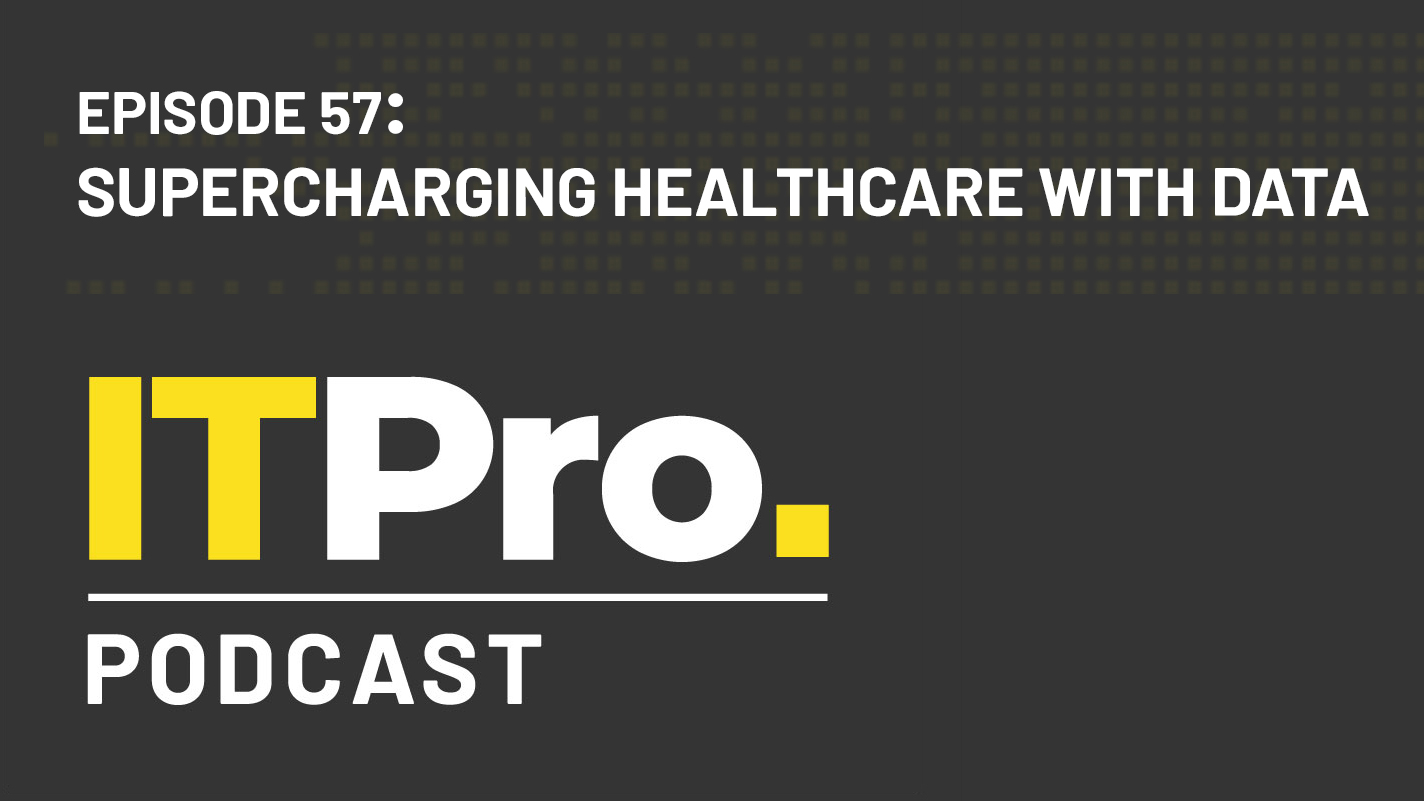 The IT Pro Podcast: Supercharging healthcare with data
The IT Pro Podcast: Supercharging healthcare with dataIT Pro Podcast How a robust data strategy can transform community health and medicine
By IT Pro Published
-
 NHS to receive £500m cash injection for digital transformation
NHS to receive £500m cash injection for digital transformationNews Health secretary Matt Hancock aims to increase NHS efficiency and improve patient safety
By Keumars Afifi-Sabet Published
-
Doctors reject AI chatbot that is 'more accurate than a GP'
News Royal College of GPs say no app can replace human physicians
By Bobby Hellard Published
-
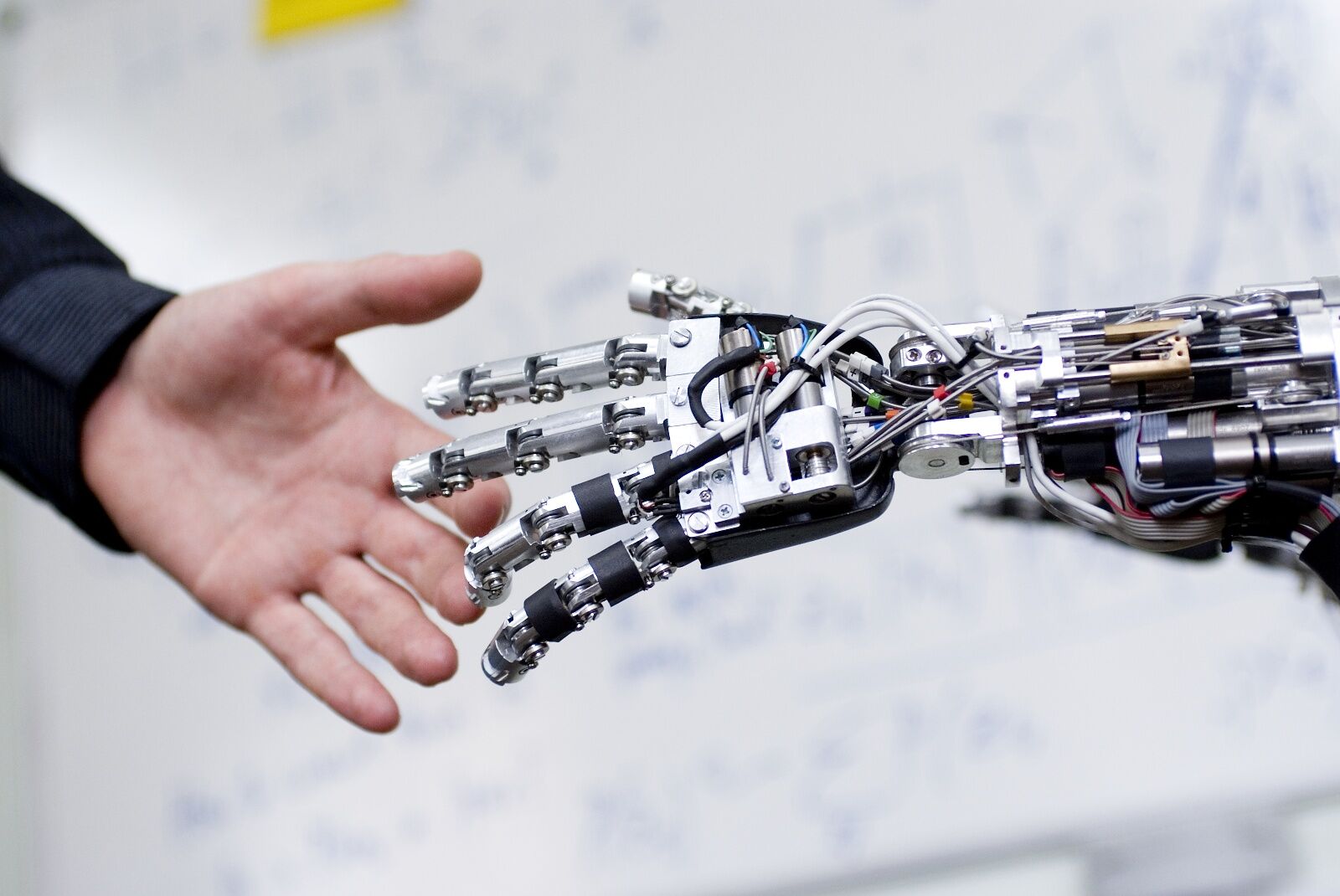 Public sector automation 'would kill off 250,000 jobs'
Public sector automation 'would kill off 250,000 jobs'News AI could replace 30% of nurses and doctors, says Reform
By Dale Walker Published
-
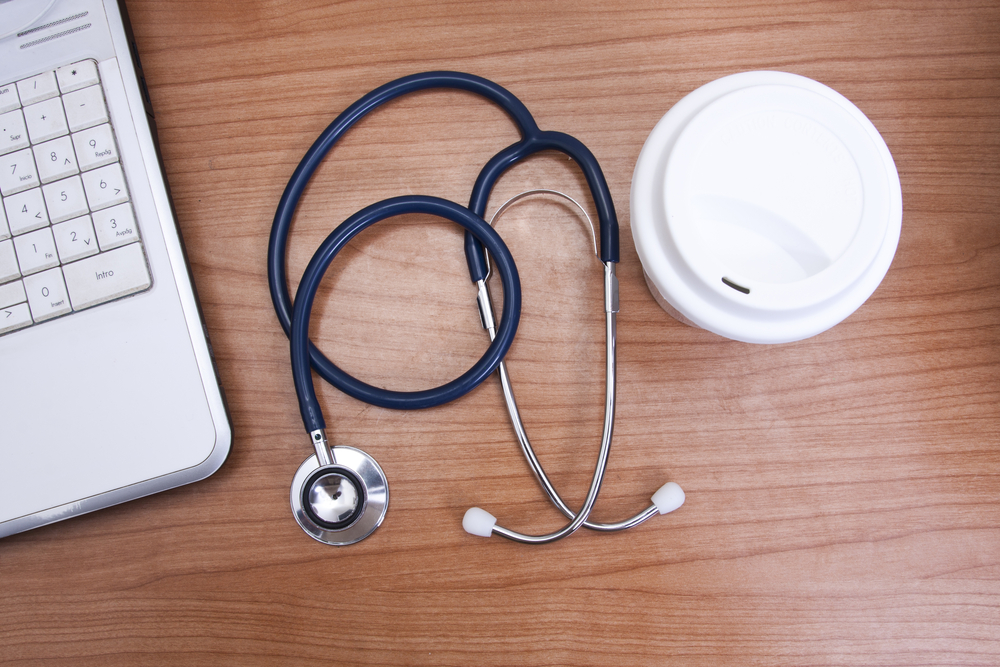 Google's DeepMind can read 1.6 million NHS patients' records
Google's DeepMind can read 1.6 million NHS patients' recordsNews AI division has a data-sharing deal with the Royal Free NHS Trust
By Caroline Preece Published
